Many businesses have made a killing in the era of web2 internet, including many brands with no base in tech, but the benefits of web3 are becoming too hard to ignore. In fact, a recent study by Coinbase found that over 80% of Fortune 500 companies are pursuing web3 initiatives. Here are 12 big names that are finding new ways to reach consumers in web3:
Nike
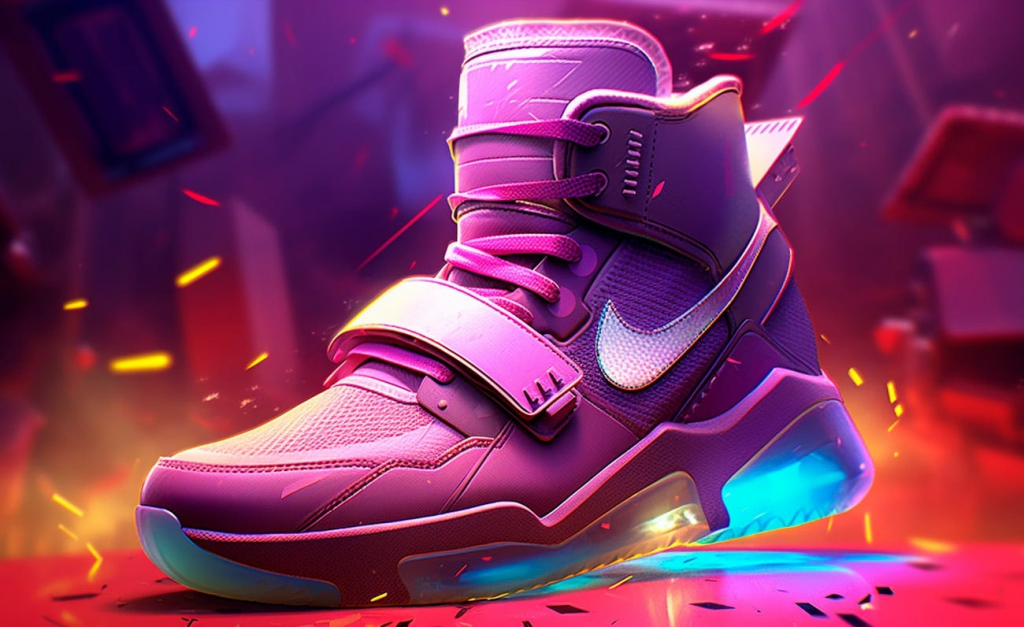
Nike are well-known for being ardent adopters of web3. The company purchased virtual sneaker company RTFKT to tap into the virtual goods market, and collaborated with artist Takashi Murakami to release NFT versions of their iconic Air Force 1 shoes. They have used RTFKT to make Nike sneakers available in various online games and metaverses.
They even have their own NFT marketplace, named .SWOOSH after the brand’s universal logo. .SWOOSH allows members to learn about and collect virtual creations, with plans to introduce co-creation tools in the future.
Meta
Meta, formerly known as Facebook, has been a vocal advocate for the metaverse. They have successfully rebranded themselves and are actively involved in creating an online network of interconnected, immersive ‘virtual worlds.’ The metaverse, according to Meta, is a space where users can socialize, create, play, and shop together. Meta aims to integrate VR with the metaverse through their Quest headsets and Horizon Worlds metaverse.
In the realm of augmented and virtual reality, both Apple and Meta have made significant moves. The Apple Vision Pro, recently unveiled by the tech giant, is making waves as Apple’s entry into the AR/VR scene. This device seamlessly blends augmented and virtual reality, allowing users to navigate between the two using a dial on the headset. Positioned primarily as a utility-driven device rather than one focused on gaming, the Apple Vision Pro signifies Apple’s bid to establish itself in the VR/AR future. This move follows Meta’s foray into the metaverse space in 2021.
While Meta’s plans have faced controversies, including concerns about commercial viability and child safety, the company has invested billions into the concept. As VR headsets become more affordable and users become more accustomed to the metaverse experience, the developments in 2024 will be intriguing to observe. Apple’s introduction of the Vision Pro and Meta’s commitment to the metaverse highlight the competition and innovation shaping the future of augmented and virtual reality.
Microsoft
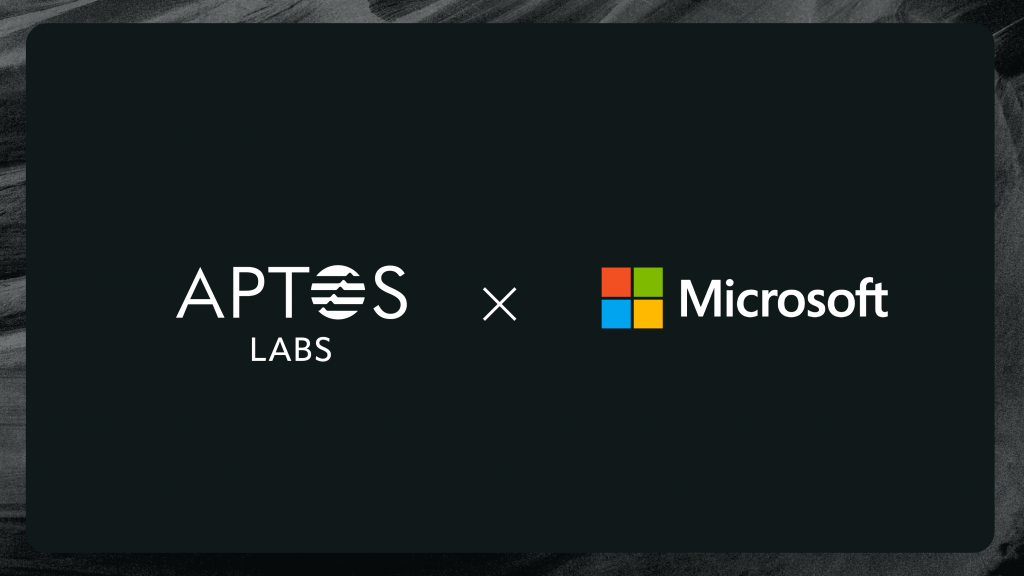
As one of the world’s largest tech companies, Microsoft has entered the web3 space with a recent partnership with blockchain platform Aptos Labs, aiming to merge AI with web3 technologies. Microsoft, a key supporter of OpenAI’s ChatGPT and user of DALL-E 3 in Bing Image Creator, enhances its AI capabilities by training models with blockchain-verified data through Aptos. Additionally, Aptos will operate validator nodes on Microsoft’s Azure cloud service.
Leaked documents have also revealed Microsoft’s plans to integrate a crypto wallet into the Xbox gaming system, enabling developers and gamers to profit from in-game assets and providing greater utility by integrating assets across different titles. Imagine winning a game of Fortnite and being awarded with your loadout as an ownable wearable for your Xbox avatar. Sounds pretty good, right?
Spotify
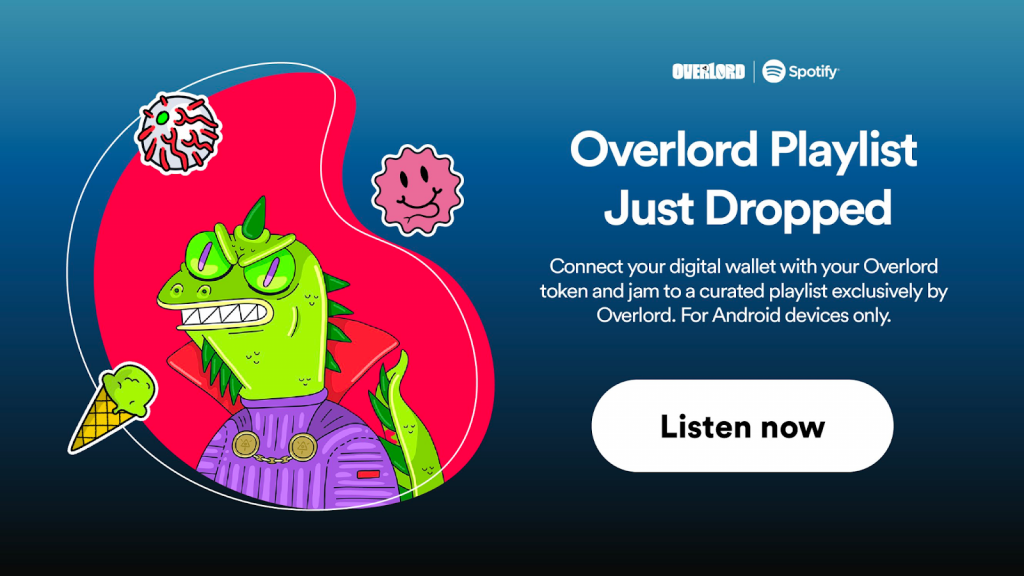
The leading music streaming service, Spotify, is venturing into web3 with a trial feature called “token-enabled playlists.” This innovation grants exclusive playlist access to holders of specific NFTs. Collaborating with NFT communities like Overlord, Kingship, Fluf, and Moonbirds, Spotify invites NFT owners to token-gated playlists tailored to the themes of respective collections.
In addition, Spotify is experimenting with NFT galleries on artist profiles, enhancing artist-fan interaction. Notably, artists Steve Aoki and the Wombats were featured in the trial, allowing users to click on NFTs in the gallery and purchase them directly on OpenSea.
This move hints at Spotify’s potential to explore new markets, such as tokenizing entire albums or selling concert tickets as NFTs. With the successful trial, especially for Steve Aoki, who reportedly earned close to £3 million from minting just two NFTs, Spotify is expected to delve deeper into web3 ventures in 2024. The company has been actively hiring web3 backend engineers to further pursue this technology.
Starbucks
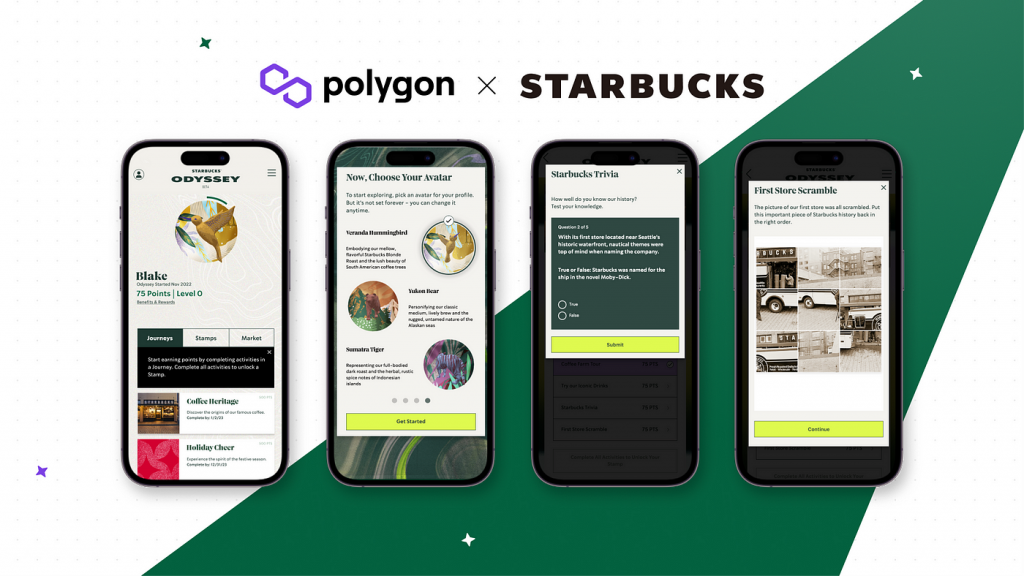
Outside of the tech world, omnipresent coffee chain Starbucks has made its own venture into web3 with Starbucks Odyssey. The initiative is a web3 supplement to the company’s existing loyalty program, reportedly used by over 31 million people per day, granting coffee fanatics access to a range of new rewards and activities.
These activities are dubbed “journeys”, involving interactive games and challenges designed to deepen user knowledge of Starbucks and the history of coffee generally. Upon completion of each journey, users are rewarded with an NFT, called the “journey stamp”. Members can also purchase limited-edition stamps through a built-in marketplace within the Odyssey app.
As of now, every single participant that has minted a Starbucks NFT is in profit. This is incredibly impressive considering there are currently at least 42,000 holders. With up to 100 million customers, Starbucks Odyssey could benefit millions more in the coming years.
Starbucks allows for these stamps to be purchased directly with web2 payment methods, such as debit or credit cards, to simplify the onboarding experience for its customers. As members collect stamps, they gain access to a number of unique benefits and experiences, spanning from virtual classes to invitations to exclusive events at Starbucks Reserve Roasteries.
Visa
The world leading credit payment company Visa is offering a web3 loyalty program solution to businesses that use Visa’s rewards program. Brands will now be able to reward customers with tokens and digital collectibles for purchases and social media engagement, for example.
Web3 loyalty schemes provide increased benefits over traditional web2 schemes. For starters, the initiatives can be gamified, improving retention and overall interest in participation. They also offer customers multi-platform engagement, as they can easily be coupled with 3D/AR experiences, and are relatively easy for companies to launch and maintain. Incentivising community engagement is generally a great way to keep people interested in any idea.
These tokens will unlock rewards at businesses where they shop or enrich their experience in digital worlds. Visa has been very active in web3 generally, having partnered with South African exchange Valr to extend their reach to outside the African market. They have also expanded stablecoin settlement onto the Solana blockchain, to enable quicker cross-border transactions.
Epic Games
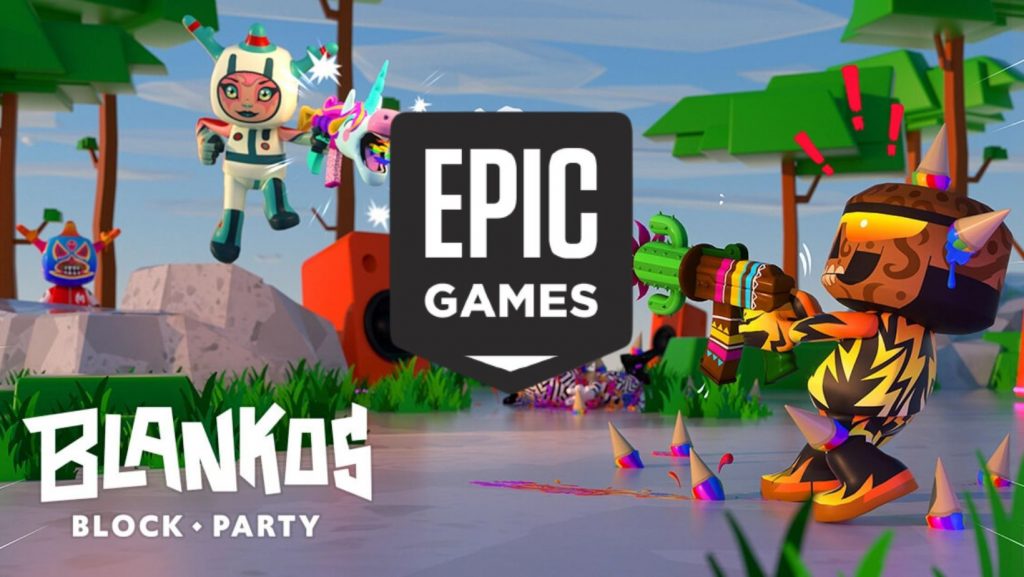
The gaming industry was worth an astonishing $184 billion in 2023 ($365 billion when including hardware like consoles and accompanying software, such as Twitch, Discord and game engines like Unity/Unreal). This titanic industry has already intertwined itself with web3, with many web3 experiences being gamified, and many games offering metaverse experiences.
Epic Games, creators of behemoth Fortnite, made headlines during the 2020 pandemic for hosting virtual concerts, attracting 12.3 million attendees, beating the previous record of 10.7 million. In 2023, Epic partnered with toy giant LEGO to release LEGO Fortnite, a metaverse sandbox encouraging children to play cooperatively and build to the limit of their own imaginations.
In 2024, the Epic Games Store currently has 69 blockchain games listed on the platform, in contrast to Epic’s main competitor in PC distribution Steam, which has a zero tolerance stance on blockchain-enabled games. These titles include ambitious play-to-earn titles like Illuvium and Avalon, the former of which being very successful, showing that blockchain games have a place to stay on the platform.
Coca-Cola
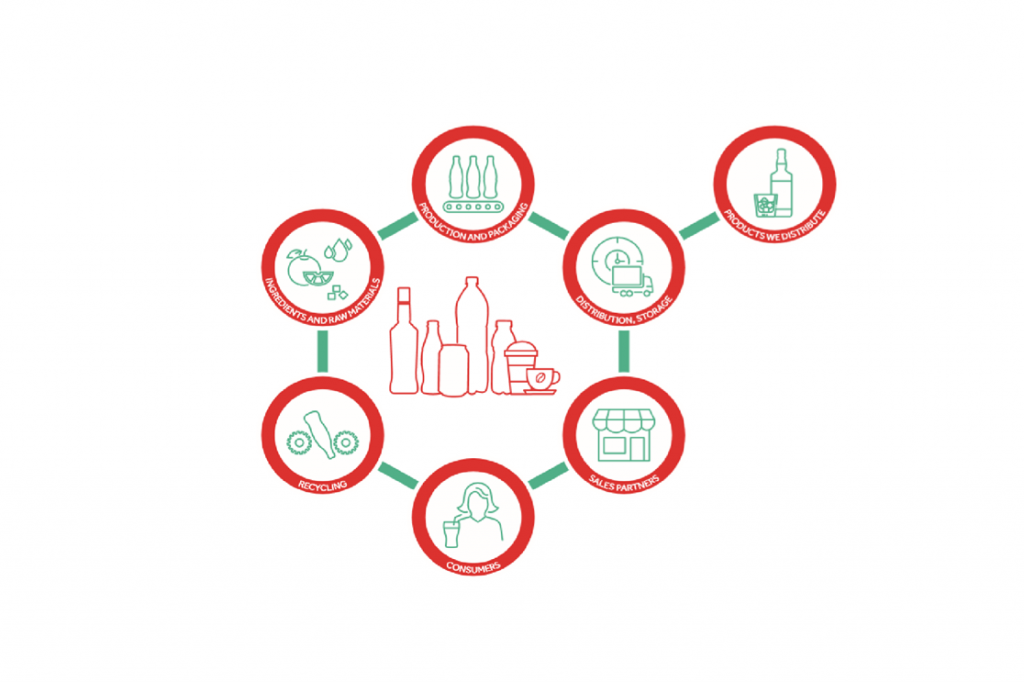
The historical and world-leading drinks giant, Coca-Cola, is one of the more surprising companies venturing into web3, utilising blockchain technology to help promote supply chain diligence around working conditions.
The levels of human rights abuse and forced labour within global supply chains is becoming increasingly worrying, both for consumers and companies. A 2021 UNICEF report suggested that there could be up to 152 million children currently in forced labour. This is an abhorrent reality that could be tackled through the use of blockchain.
To that end, startup Diginex has collaborated with the Coca-Cola Company and Reckitt to create an ESG (Environmental, Social and Governance) supply chain traceability tool: DiginexLUMEN.
DiginexLUMEN uses blockchain to link every stakeholder in the supply chain together, with information ready to report back potential risks and levels of ESG compliance to companies on the receiving end of goods. It is hoped that forced labour could be reduced if not eliminated by continuous monitoring of the blockchain.
Lufthansa
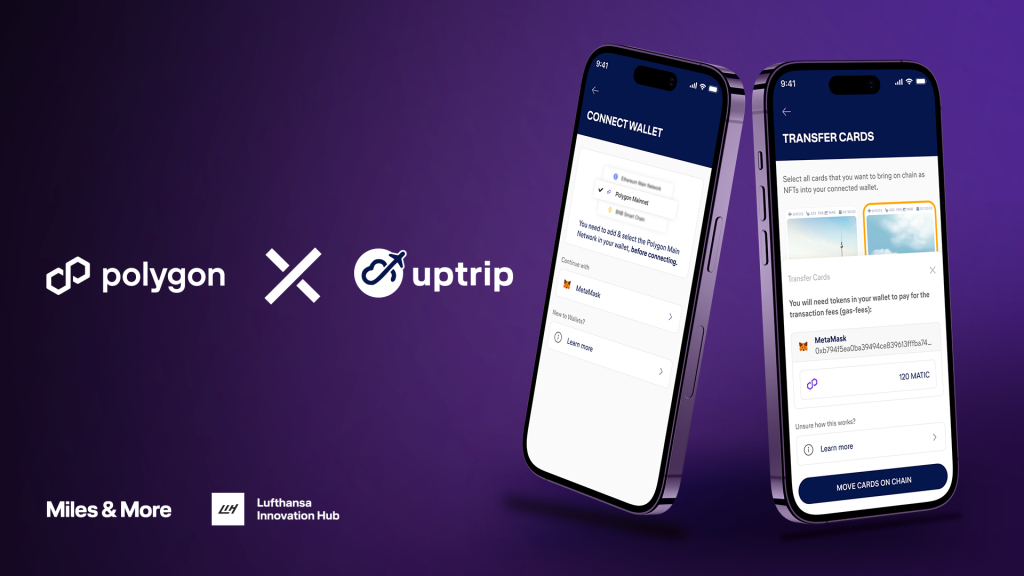
The global airline operator is using NFTs in their new loyalty program, “Uptrip”. The program will marry its NFTs with tangible rewards for loyal customers of any of the airlines under Lufthansa Group, such as Austrian Airlines or Brussels Airlines.
Fliers will be able to accumulate digital trading cards that are designed after iconic aircraft and holiday destinations. When collections of these cards are completed, the holder is granted access to exclusive airport lounges and redeemable airline miles, as well as complimentary on-flight WiFi.
To that end, Uptrip has plans to introduce a trading facility so that users can swap cards to complete their sets. The program will be hosted on Polygon, an Ethereum Layer-2 scaling solution, enabling cost-effective and efficient transactions. And Lufthansa isn’t the only airline welcoming web3, as Etihad Airways have a similar NFT-based loyalty program.
Lacoste
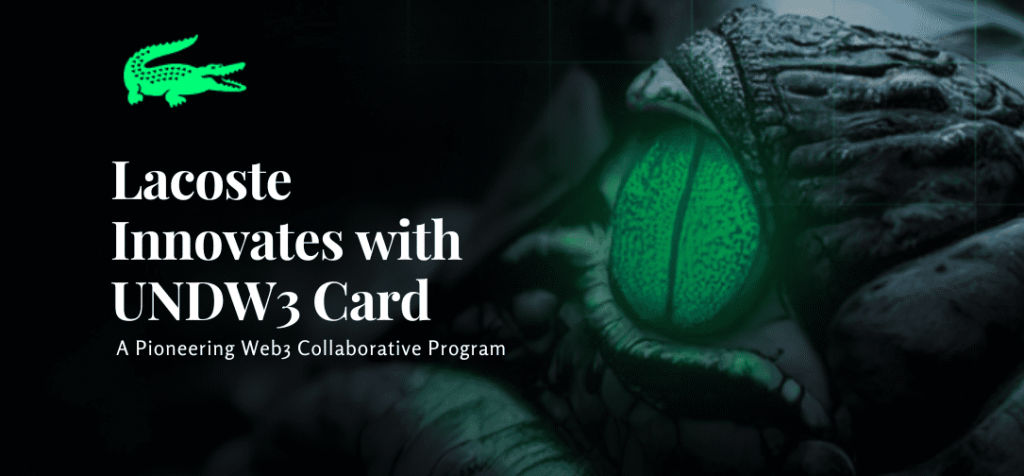
The French fashion brand has their own loyalty program based on web3. UNDW3 cards grant users access to a token-gated community platform offering each user a personalised experience. The UNDW3 card itself is a dynamic NFT, meaning that the asset itself can change and evolve over time.
In the case of the UNDW3 cards, users can earn points on the platform by participating in creative contests and games such as fashion challenges utilising mixed reality. The points are awarded for creativity and general activity on the platform, and are translated into an increase in rarity of their dynamic NFT, which in turn leads to an increase in the assets’ monetary value.
The UNDW3 program is a great example of how NFTs can benefit both brands and the buyers, giving businesses more options for monetisation, whilst offering real-world value to their consumers.
Tiffany’s
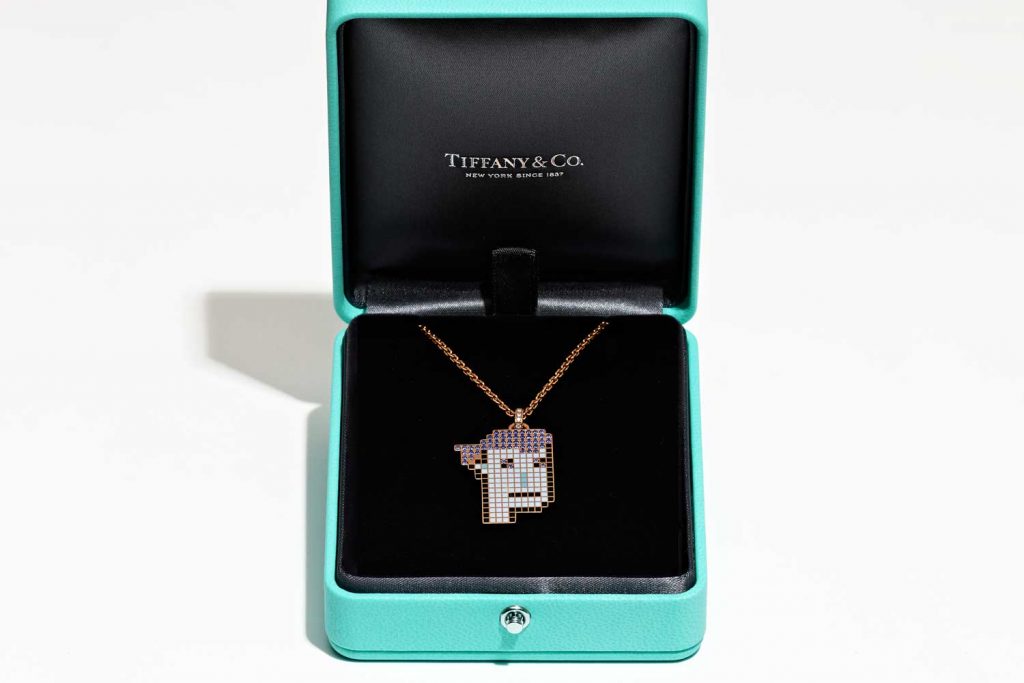
The luxury jewellery maker Tiffany & Co have jumped in on the CryptoPunks community, after executive vice president Alexandre Arnault shared their custom-made rose gold-and-enamel pendant of a CryptoPunk on social media. Tiffany’s then collaborated with Chain, a web3 bridging for businesses company, to launch their very own NFT collection called the “NFTiff”.
NFTiffs sold out in 20 minutes from a mint price of 30 ETH, generating a whopping $12.5 million in revenue for Tiffany’s. The collection was limited to only 250 NFTiffs out of 10,000 CryptoPunks, its exclusivity doubtlessly driving demand.
Christian Dior
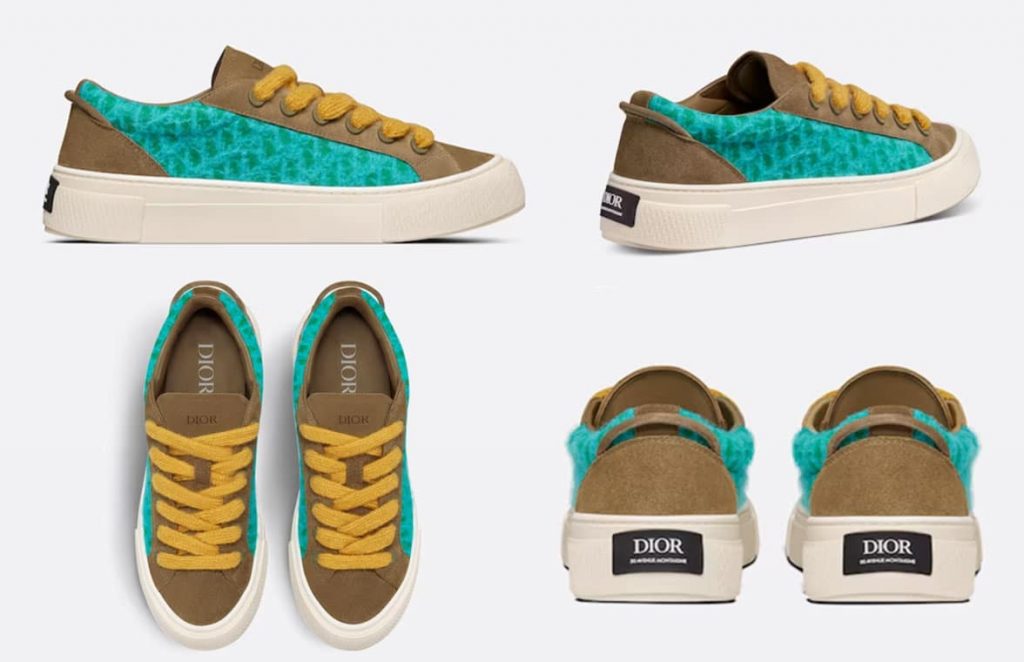
At the end of 2023, luxury fashion retailer Christian Dior unveiled their first web3 initiative: the Dior B33 sneaker. The sneaker is accompanied by its own NFT, serving as a digital certificate of authenticity, which can be accessed through an NFC chip within the shoe. Customers simply tap their smartphones on their shoes to see exclusive content and access various services.
The sneaker is also available as a digital twin that can be worn on Snapchat, letting holders show off their luxury purchase to their friends. NFTs have become very popular within the luxury fashion industry in particular, thanks to their immutability and inherent exclusivity.
Final thoughts
There is a lot of media attention on web3 communities like the Bored Ape Yacht Club or the ‘crypto bros’ which often overlooks or undervalues the potential of the underlying technology. Web3 promises not only decentralisation, but a wide plethora of benefits for customers and businesses alike, such as cost efficiency, value-generating opportunities, and greater consumer-brand relationships.
All of these brands succeeded because they placed the value to the consumer over the technology, introducing web2 customers to web3 ideas and experiences. If you need help introducing new audiences to your web3 product, talk to us today.
